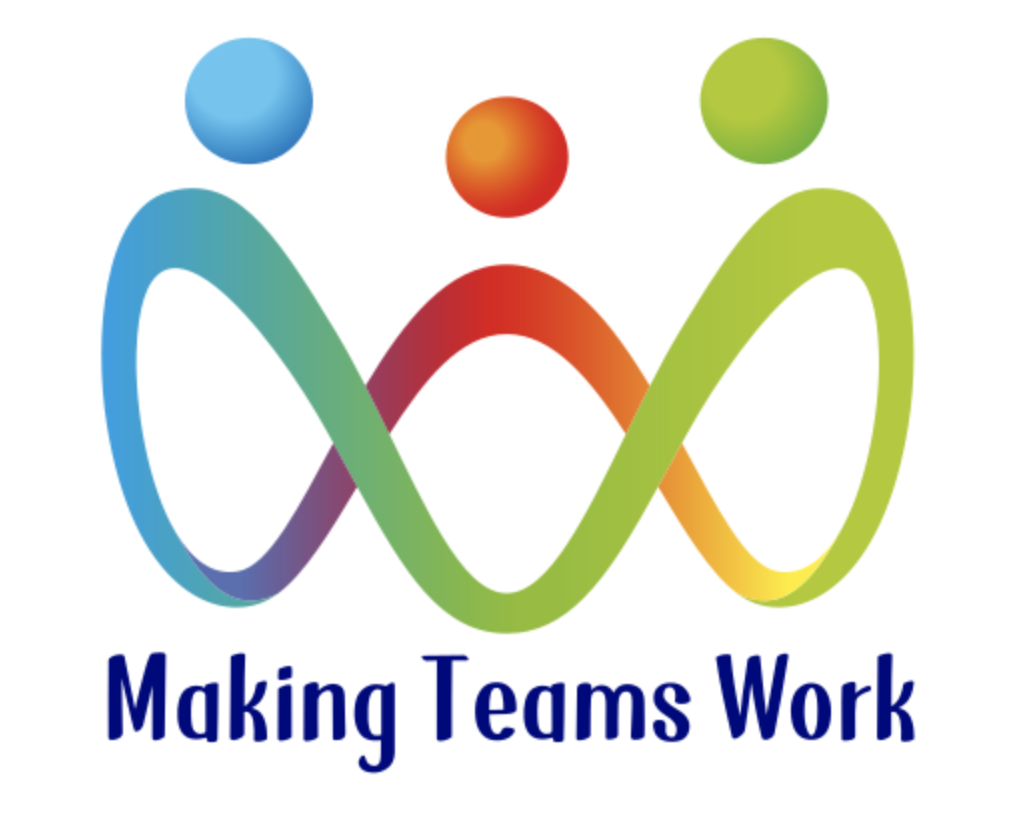Questioning - a vital part of being a leader?
Last week we looked at how listening was a core leadership skill. This week, we turn our attention to questioning as a second core leadership skill.
The difference between a good question and a poor question can be quite significant. Anyone who's been to a counselling session or a top quality coaching session will know what that's like: a poor question may make you defensive, withdrawn, may make you withhold useful or helpful information, or facts that can have a strong psychological impact on the person being talked to.
Asking better questions
So what is it that makes up a good question, and how can we learn to ask better questions? I think the first point is that a good question enables or encourages the recipient to think differently, perhaps to consider alternative options for the first time, without painting them into a corner. So a good question for me is an open question, to which there isn't a simple ‘yes’ or ‘no’ answer.
Secondly, and maybe most importantly, a good question has a purpose, a goal in mind. It intends to achieve some result, whether that's to expand the person's thinking, or find out more information. That's not to say you can decide the purpose in advance, but it means that the question you ask has a deliberate intention.
Now, too often in leadership, we hear questions that aim to uncover a lack of knowledge or feel like they're intended to undermine or demean us in some way. Just as an example, I was speaking to a leader recently, who said that their manager had emerged from the office and announced some new initiative with the statement “Tell me why I shouldn't do this?”. Now the aim of the question was to uncover blind spots or limitations, but the way the question was phrased was more had the effect of saying, “I'm only asking you because I've learned on a course that it's important that I should ask”. Think about a better version of that question. This might have been something along the lines of, “I'm considering XYZ. I think we should take the following actions for problem Q. Can you think of any issues with it?”. You can see that at a purely linguistic level, the question says the same thing, but the impact of the second version is completely different.
So, that's our third point. What's the impact of the question? Sometimes, we only see the impact of a question by the physiological response of the other person. For example, asking a ‘why’ question tends to make people defensive and talk too much. But if you ask a ‘why’ question very directly of somebody, you will often see them physically move backwards - as they are literally taken aback by the fierceness of your question.
Additionally, confusion on the other person's face might let you know that you need to rephrase your question. After all, not everyone is confident enough to say “I don't quite understand what you mean, can you say that again?”. Of course, the worst result of all is when somebody looks quizzical, and we just say the same thing again only louder, or in a very slightly different way. That can leave them confused and befuddled, and it generates friction. Friction is the most likely reason that people will give you an off-pat answer, or worse still, the answer that they think you want to hear.
So, questioning is our second core leadership skill. Again, this is not taught in any standard leadership workshops. We would all do well to ask better questions.
What do you think the third most important leadership skill should be? Leave your comments below and we'll see what you come up with next week.


